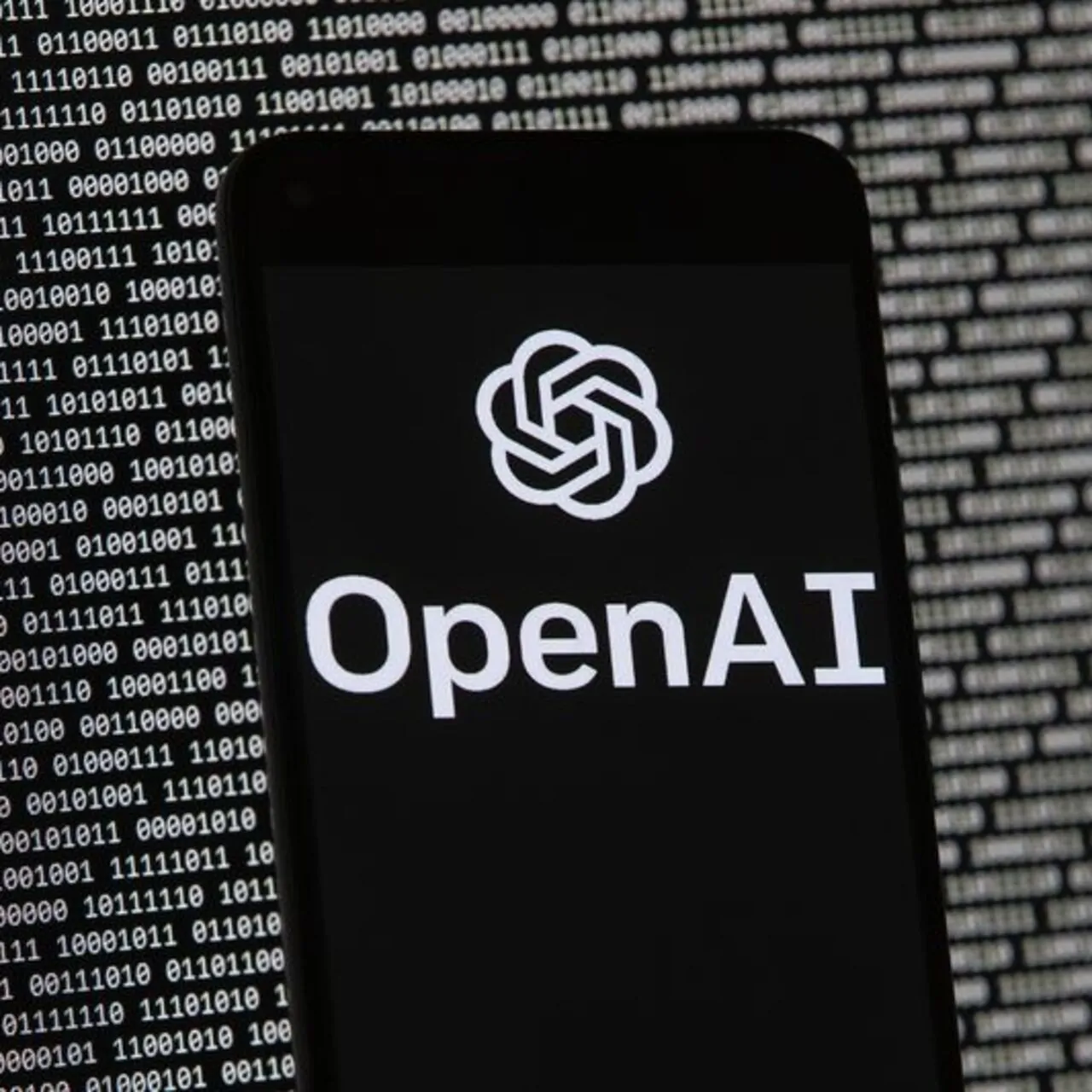In the statement made by OpenAI, it was stated that the board of directors evaluated the corporate structure of the company to best support the mission of artificial intelligence to benefit all humanity.
In the statement, it was reminded that OpenAI started as a non-profit research laboratory with limited funding in 2015 and focused on advancing artificial intelligence for the benefit of humanity, and stated that as computing and funding needs increased, the necessity of a for-profit model emerged.
“THE NECESSITY OF A FOR-PROFIT MODEL”
It was stated that OpenAI transformed into a hybrid non-profit-for-profit model by raising billions of capital in 2019-2024 and launching transformative products such as ChatGPT, which reached millions of users, and that this success emphasized the need for more capital and flexibility in structure.
IT WILL BE A COMPANY THAT CONSIDERS THE PUBLIC INTEREST
The company plans to transform its existing for-profit entity into a public benefit corporation in 2025 to enable scalable financing, better alignment of operations, and expansion of efforts to build an AI-driven economy that prioritizes the well-being of humanity, the statement said.
It was noted in the statement that both for-profit and non-profit structures will continue, and it was emphasized that the success of the for-profit organization will ensure that the non-profit organization is well-funded, better sustained and in a stronger position for its mission.
The public interest organization will manage and control OpenAI’s operations and business, and the nonprofit will hire a leadership team and staff to pursue philanthropic initiatives in sectors such as healthcare, education and science, the statement said.
IT WAS THE SUBJECT OF A LAWSUIT
Elon Musk filed a lawsuit against OpenAI, claiming that it abandoned its founding mission of developing artificial intelligence for the benefit of humanity without profit, and claimed that the company violated its founding agreement.
OpenAI also published a series of emails and messages showing that Musk supported the artificial intelligence initiative to be in a for-profit structure in 2017.
While screenshots, including correspondence between OpenAI CEO Sam Altman and Elon Musk, were disclosed, it was seen that Musk agreed with OpenAI in the summer of 2017 that the next step for OpenAI to advance its mission should be a for-profit company.
Meanwhile, public benefit companies, while also driven by profit, are legally defined as companies responsible for creating a positive impact on society, the environment, or a specific public benefit.
*The visuals of the news were provided by AP.

